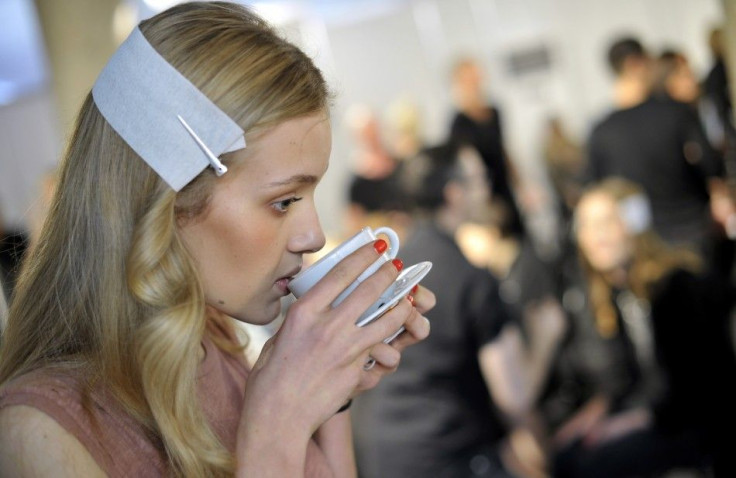Cups of Coffee a Day Could Keep Women's Depression Away

Coffee does a lot more for older women than merely giving them energy. Female lovers of fully caffeinated coffee are at a 20 per cent lower risk of getting depressed, a new study has found.
A study from the Harvard School of Public Health carried out an experiment on 50,000 older woman and found that those who drank one cup of coffee compared to those who had two or three, were more prone to getting depressed by 15 per cent. Those who drank four cups were 20 percent less likely to get depressed.
People often worry that drinking coffee can have a negative impact on health and lead author of this study Dr. Albert Ascherio warns that an excess of the caffeinated kind can cause anxiety and insomnia, but the study has shown some positive impacts too, although further studies need to be carried out to see if coffee can actually prevent depression.
Women at an average age of 63 were taken under observation over the course of ten years. At the beginning of the study in 1906 none of the women had depression but by June 2006 they researchers found that for women who smoked, the more coffee they drank the less they were depressed. This was, however, only the case for those who drank fully caffeinated coffee and the same observation could not be made non- smokers.
Further investigations are needed to confirm this finding and to determine whether usual caffeinated coffee consumption can contribute to depression prevention, concluded the study, which was published in the Archibes of Internal Medicine.
If depressed patients are refraining themselves to 1 coffee per day because they think that's all they should have, why not try suggesting they drink more, as long as it doesn't go over 4 cups a day? We still need a large randomized controlled trial to look at this effect, but as long as it's not over a certain amount, upping the intake shouldn't hurt, and may be helpful, epidemiologist, Michel Lucas told Medscape Medical News.
Meanwhile, another study carried out earlier this year by The Harvard School of Public health found that men who regularly drink coffee appear to have a lower risk of developing a lethal form of prostate cancer.
Prostate cancer is the most frequently diagnosed form of cancer and the second leading cause of cancer death among U.S. men, affecting one in six men during their lifetime. More than 2 million men in the U.S. and 16 million men worldwide are prostate cancer survivors.
At present we lack an understanding of risk factors that can be changed or controlled to lower the risk of lethal prostate cancer. If our findings are validated, coffee could represent one modifiable factor that may lower the risk of developing the most harmful form of prostate cancer, said lead author Kathryn Wilson.
More than half of American adults drink coffee every day.
© Copyright IBTimes 2024. All rights reserved.











